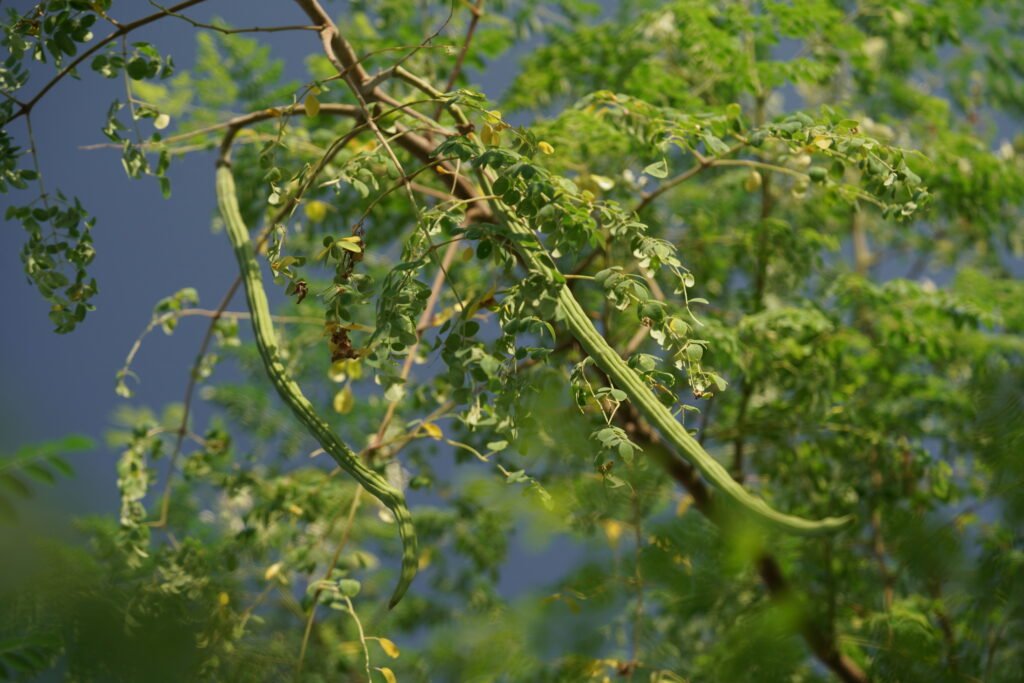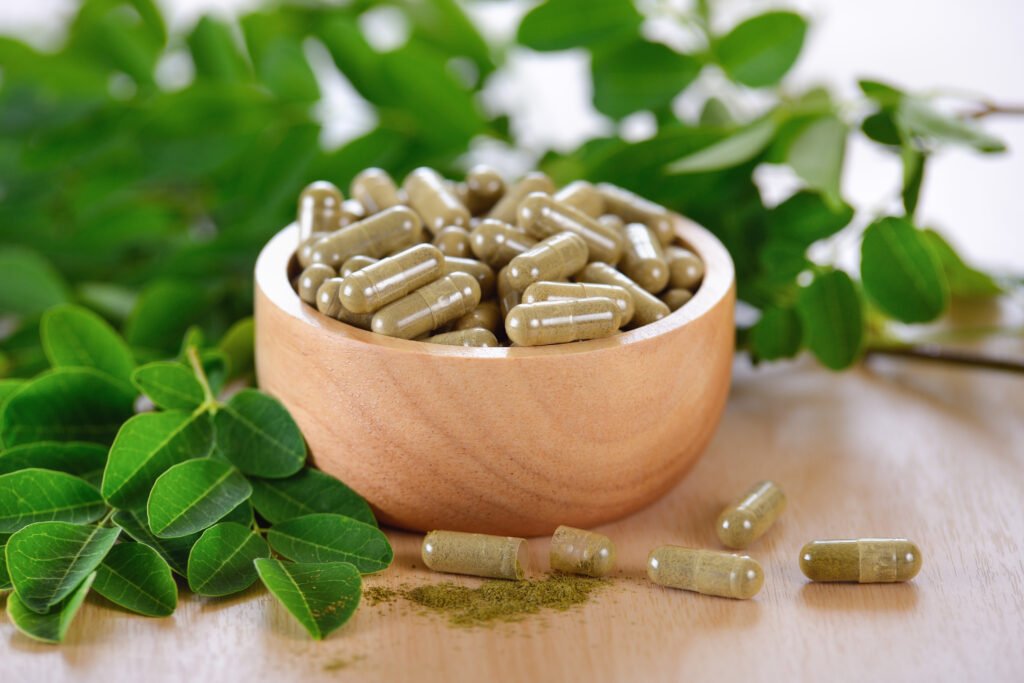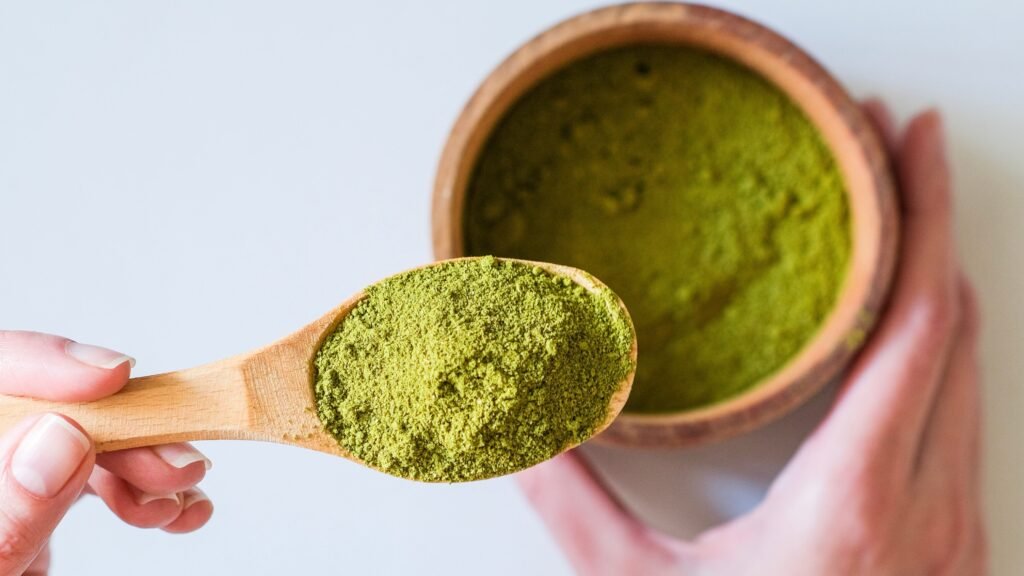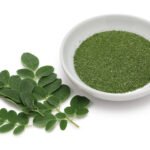 17 July 2025
17 July 2025Why Moringa is Called the ‘Miracle Tree’
Across continents and cultures, one tree has quietly earned a reputation that commands admiration — Moringa oleifera. Revered as the “Miracle Tree,” “Tree of Life,” and even “Mother’s Best Friend,” this fast-growing, drought-resistant plant offers more than just greenery. With its remarkable nutritional content, powerful medicinal properties, and sustainable benefits, Moringa truly lives up to its grand moniker. But what exactly makes this humble tree so miraculous? Let’s explore the reasons behind its extraordinary status.

A Nutritional Powerhouse From Root to Leaf:
The true magic of Moringa lies in its unmatched nutritional profile. Nearly every part of the tree — leaves, pods, seeds, flowers, and even roots — contains an abundance of essential nutrients:
- Leaves: Often considered the most nutrient-rich part, Moringa leaves are a fantastic source of:
- Vitamins: High in Vitamin C (more than oranges), Vitamin A (more than carrots), Vitamin E, and various B vitamins.
- Minerals: Rich in calcium (more than milk), potassium (more than bananas), iron (more than spinach), and magnesium.
- Protein: Containing all nine essential amino acids, making it a complete protein source, particularly valuable for vegetarians and vegans.
- Antioxidants: Abundant in powerful antioxidants like quercetin, chlorogenic acid, and beta-carotene, which combat harmful free radicals in the body.
- Pods: Young, tender Moringa pods resemble green beans and are a good source of fiber, potassium, copper, and magnesium.
- Seeds: Mature seeds contain a high oil content rich in oleic acid (similar to olive oil) and are also a source of protein and minerals. They can even be used to purify water.
- Flowers: Edible and slightly sweet, Moringa flowers offer a good source of calcium and potassium.
- Roots: While traditionally used in some medicinal applications, the roots should be consumed in moderation due to the presence of certain alkaloids. They contain vitamins, minerals, and beneficial compounds.
This incredible concentration of vital nutrients makes Moringa a potent tool in combating malnutrition and nutrient deficiencies, particularly in developing countries where access to diverse food sources may be limited.

A Treasure Trove of Medicinal Properties:
Moringa has a long-standing history in traditional medicine — and science is beginning to back up many of those ancient claims. Its medicinal potential is vast:
- Anti-inflammatory: Helps reduce inflammation, potentially easing conditions like arthritis and joint pain.
- Antioxidant Protection: Shields cells from oxidative stress, lowering the risk of chronic diseases such as cancer and heart disease.
- Antimicrobial: Demonstrates antibacterial, antiviral, and antifungal activity, supporting natural immunity.
- Blood Sugar Regulation: May help manage diabetes by lowering blood sugar levels and improving insulin sensitivity.
- Cholesterol Control: Shown to reduce bad (LDL) cholesterol and improve heart health.
- Wound Healing: Traditionally used to aid in wound recovery, with growing scientific interest.
- Brain Health: Early research suggests Moringa may have neuroprotective properties that support cognitive function.
It’s crucial to note that while these findings are promising, more extensive human studies are often needed to fully understand and validate the medicinal applications of Moringa.
Sustainability and Environmental Benefits:
The “miracle” of Moringa extends beyond its direct benefits to human health. This hardy tree also offers significant environmental advantages:
- Drought Resistance: Moringa thrives in arid and semi-arid conditions, requiring minimal water and making it a sustainable crop in regions prone to drought.
- Fast Growth: Its rapid growth rate allows for quick biomass production, making it a valuable resource for food, fodder, and even biofuel.
- Soil Enrichment: Moringa trees can help improve soil health through their root systems and leaf litter.
- Water Purification: As mentioned earlier, Moringa seeds can be used as a natural and cost-effective method for water purification, particularly in communities with limited access to clean water.

A Symbol of Nourishment, Healing, and Hope
For many rural and developing communities, Moringa is more than a plant — it’s a symbol of survival, resilience, and empowerment. Whether used to nourish children, treat illness, enrich the soil, or provide clean water, the tree continues to make a tangible difference in the lives of millions.
In Conclusion
The title “Miracle Tree” is no exaggeration. With its extraordinary nutritional density, wide-ranging medicinal potential, and eco-friendly nature, Moringa oleifera stands as a remarkable gift from nature — one that nourishes the body, heals ailments, supports the planet, and empowers communities.
As more scientific research unlocks its full potential, Moringa’s role in building a healthier, more sustainable future becomes increasingly clear. Whether you’re looking for a superfood to boost your health or a sustainable crop that can transform communities, Moringa might just be the miracle you’ve been searching for.





